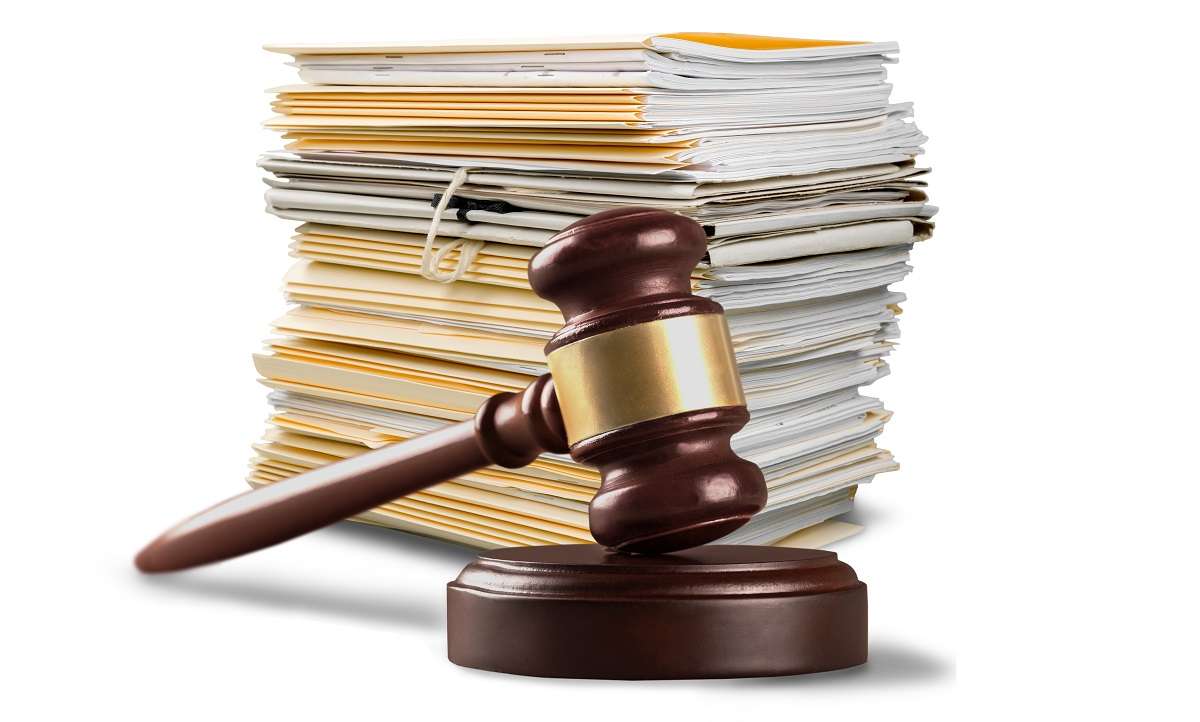How US Authorities Could Request for Help to Obtain Evidence in Vietnam for Civil or Commercial Matters?


How US Authorities Could Request for Help to Obtain Evidence in Vietnam
The Evidence Collection Convention is a multilateral Hague Conference convention that was signed on March 18, 1970 and went into effect on October 7, 1972. The objective of the Convention is to facilitate the process to obtain evidence in Vietnam and in member countries, and to harmonize the methods of evidence collection between States.
On May 3, 2020, Vietnam became a party to the Convention on the Collection of Evidence Abroad. After becoming a member of this Convention, Vietnam only applies and accepts requests obtain evidence in Vietnam by a written request as described in Chapter I of this Convention. As a result, Vietnam does not use the process of gathering evidence carried out by a diplomatic officer, consular officer, or authorized person in Chapter II of the Convention.
Procedures to obtain evidence in Vietnam and the United States under the Hague Convention
Both Vietnam and the United States are parties to the Convention on Collection of Evidence. However, since Vietnam only participates in collecting evidence in writing, the United States has to obtain evidence in Vietnam via this method.
Step 1: The U.S. Agency sends a written request to obtain evidence in Vietnam to the Ministry of Justice
In the settling a case involving a civil or commercial field, the party can request the Court to assist in collecting evidence in Vietnam. The US judicial agency will issue a written request for evidence collection to the competent Vietnamese agency (specifically, the Ministry of Justice). This document must ensure that follow the contents of Article 3 of the Convention, and must be written in Vietnamese or accompanied by a Vietnamese translation and delivered via postal service.
Step 2: A written request for evidence collection is received by Vietnam’s Ministry of Justice
The Ministry of Justice of Vietnam will receive the request for evidence and decide whether or not to comply with the request for evidence collection. In the event of a refusal, the Ministry of Justice of Vietnam must clearly state the reasons specified in Article 12 of this Convention. For example, the request is not within the scope of the Convention in the civil and commercial fields, or the implementation of which may be detrimental to the sovereignty and security of that country, etc.
Step 3: The Ministry of Justice requests competent agencies to obtain evidence in Vietnam
After having sufficient grounds to handle the request of the U.S. Agency, the Department of Justice will send a written acceptance of the request to collect evidence to the United States and forward it to the competent domestic agency for collection evidence process. The Vietnam agency will notify the U.S. Agency of the time, place, and procedures to collect evidence to be followed so that relevant parties and their representatives can be present.
When making the written request, a judicial officer from a U.S. agency may be present, and this presence has to be approved by the Vietnam Agency. Further, according to Article 11 of this Convention, the person being asked to provide evidence has the right to refuse to comply with the request for evidence collection if required by Vietnam law or in the written request for evidence collection state that they can refuse to provide evidence expressly stated.
Step 4: The Ministry of Justice of Vietnam sends a written response on the results of evidence collection to the U.S. Agency
After receiving the results of evidence collection from other agencies, the Ministry of Justice sends a written response to the results of evidence collection to the U.S. Agency to compete the process.
To comply with the process and ensure the evidence could be properly collected for usage in trial, it is important to consult with dispute lawyers in Vietnam for legal advice.
About ANT Lawyers, a law firm in Vietnam
We help clients overcome cultural barriers and achieve their strategic and financial outcomes, while ensuring the best interest rate protection, risk mitigation and regulatory compliance. ANT lawyers has lawyers in Ho Chi Minh city, Hanoi, and Danang, and will help customers in doing business in Vietnam.
How ANT Lawyers Could Help Your Business?
You could learn more about ANT Dispute resolution practices or contact our Dispute lawyers in Vietnam for advice via email ant@antlawyers.vn or call our office at (+84) 24 730 86 529
Recent Posts
5 Crucial Facts About ESG Laws in Vietnam That Could Save Your Business and Reputation
The Business World Is Changing Fast Rules are shifting. Expectations are rising. Eyes are watching. …
7 Powerful Reasons Why ESG Compliance in Vietnam Will Win You Trust, Growth, and Global Clients
Trust matters. Today, more than ever. Across industries, many companies are now being asked. directly…
7 Bold Reasons Why Tokenization in Vietnam Could Transform Your Future
Change is coming. Quietly. Digitally. Rapidly. Let’s imagine the situation, which assets are no longer…
Vietnam P2P Lending: 5 Bold Reasons Why Decree 94/2025 Could Empower Millions or Backfire?
A New Financial Chapter Begins in Vietnam One person lends. Another borrows. It’s that simple.…
5 Essential Lessons from Risk Management in Digital Assets in Vietnam: Protecting Trust in a Digital World
Trust Is the Real Currency Money can be lost. Tokens can vanish. Platforms can crash.…
5 Powerful Reasons Why Vietnam Digital Asset Sandbox Is a Bold and Hopeful Move for Innovation
Change is fast. Rules are slow. But innovation can’t wait. As digital assets grow, so…



